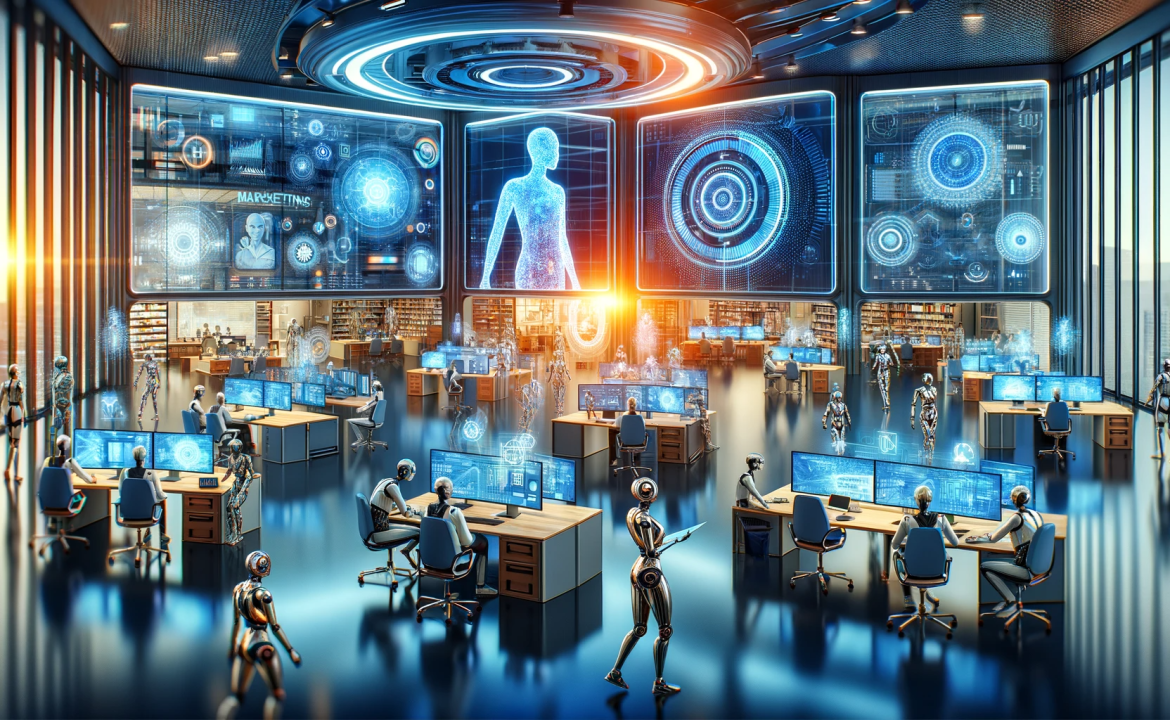Artificial Intelligence (AI) plays an increasingly important role in modern space exploration, helping with navigation, data analysis, autonomous decision-making, and mission planning. However, despite its growing applications, AI in space comes with notable limitations and challenges that must be carefully considered.
What Are the Drawbacks of AI in Space?
AI in space refers to the use of intelligent algorithms and autonomous systems to assist with various space missions, satellite operations, planetary exploration, and deep-space communication. While AI can boost efficiency and reduce human intervention, its use in space presents several unique challenges.
Key Drawbacks of AI in Space
Limited Decision-Making in Unpredictable Scenarios:
AI systems are excellent at processing known patterns but can struggle when faced with unexpected or unknown space phenomena. The unpredictable nature of space environments can sometimes exceed the AI’s training and capabilities.
Dependency on Data Quality:
AI requires large volumes of accurate, high-quality data to function effectively. In space, gathering consistent and reliable data can be difficult, and low-quality input may lead to incorrect conclusions or mission failures.
Communication Delays:
Due to the vast distances in space, real-time communication between Earth and spacecraft is often delayed. While AI aims to enable autonomous operations, these delays make it harder for human operators to intervene quickly if the AI system malfunctions.
Complexity and Cost of Development:
Developing AI systems that can survive harsh space conditions and perform reliably is highly complex and expensive. Extensive testing is needed to ensure safety and precision, which increases mission costs and timelines.
Risk of Over-Reliance:
Relying too heavily on AI can create a false sense of security. If AI systems are treated as fully autonomous without proper human oversight, there is a higher risk of missing critical errors or unexpected mission hazards.
Conclusion
While AI offers valuable support for space missions, its current limitations must be acknowledged and carefully managed. Human involvement, rigorous testing, and ongoing system improvements are essential to safely integrate AI into the challenging and unpredictable environment of space exploration.



Leave feedback about this